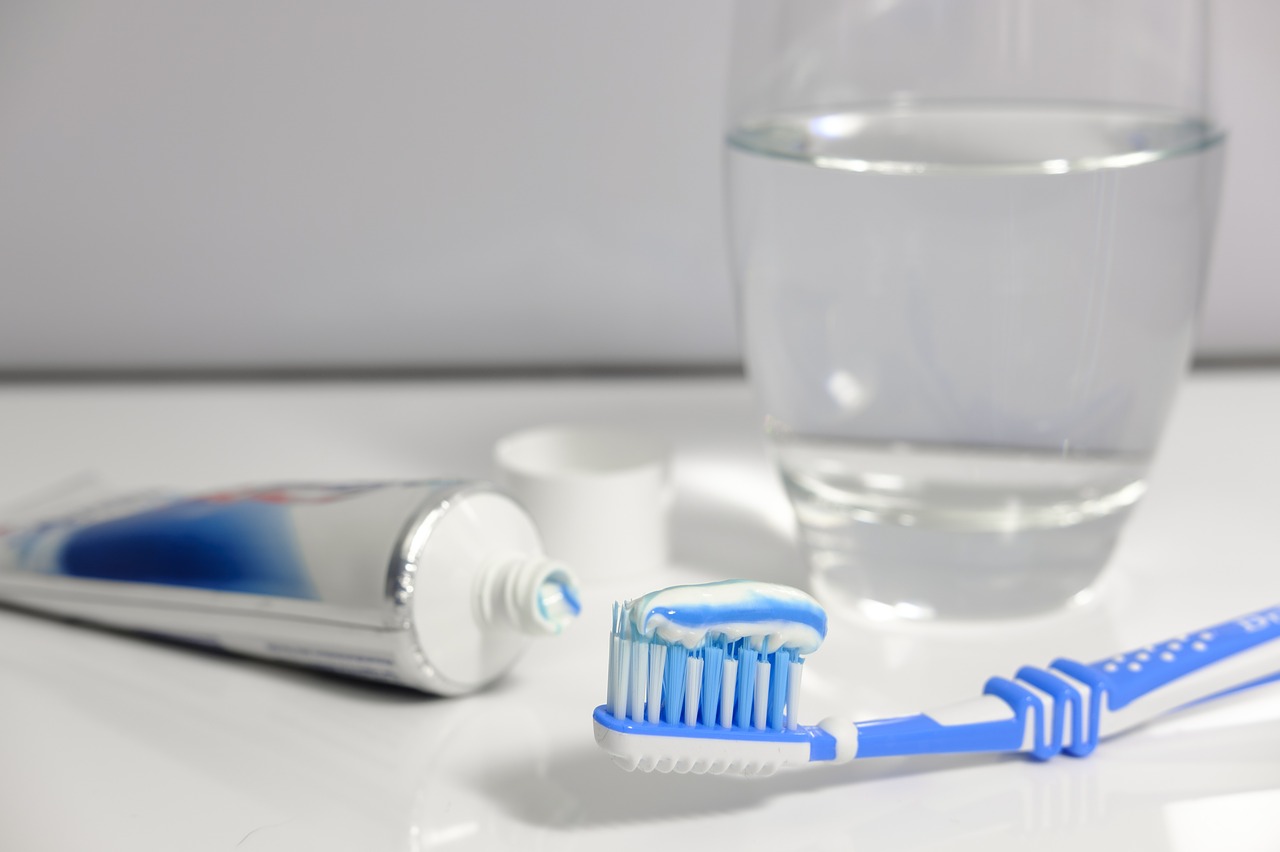Detailed information
 Preventive dentistry’s main goal is to prevent teeth and periodontium diseases, especially tooth decay and periodontitis, by fighting dental plaque which is their main cause. It is a simple method for everyone. It mostly involves good oral cavity hygiene, healthy diet and strengthening tooth tissues resistance through fluoridation and sealing.
Preventive dentistry’s main goal is to prevent teeth and periodontium diseases, especially tooth decay and periodontitis, by fighting dental plaque which is their main cause. It is a simple method for everyone. It mostly involves good oral cavity hygiene, healthy diet and strengthening tooth tissues resistance through fluoridation and sealing.
-The hygiene of oral cavity
After conducting a detailed examination, a doctor chooses an individual method of oral cavity care. He advises on choosing the right toothbrush, toothpaste or additional items. Doctor also gives tips on brushing technique and clearing the gaps between teeth. This is often followed by a demonstration of oral cavity hygiene substances, either on the patient or special models.
-Dietary advice
A doctor also advise on healthy diet that has a vital influence on teeth and periodontum diseases prevention. Pregnant women should keep a balanced diet which is full of minerals, above all, calcium, phosphorus and vitamins from the groups A,E,C,B,D. Such diet is important for developing strong healthy teeth and periodontum.
Food provides substances that are nurturing bacteria (sugar, carbohydrates), so it is crucial to brush teeth after each meal to minimize the risk of dental plaque.
-Professional cleansing of teeth at the dentist’s office
Professional cleansing of teeth consists of treatment that patient cannot do on their own. Those are mainly, the removal of dental plaque , calculus or stains and polishing the irregular surface of teeth.
-Fluoridation, lacquering and tooth sealing
Fluoridation’s aim is to strengthen teeth’s enamel by brushing in fluoride solutions which makes them more resistant to dental plaque acids that causes decay. The most popular technique in fluoride prevention is lacquering teeth with solutions containing fluoride. They are very adhesive which makes them cling better to a tooth and they stay longer on enamel. These treatments should be undergone 2 to 4 times a year depending on patient’s susceptibility to decay.
Tooth sealing is filling pits and fissure with a special solution, known as fissure sealants. It prevents food remains from getting into place where it is difficult to brush, but also lowers the risk of developing tooth decay. Only healthy molar and pre-molar permanent teeth as well as milk teeth can be sealed.
